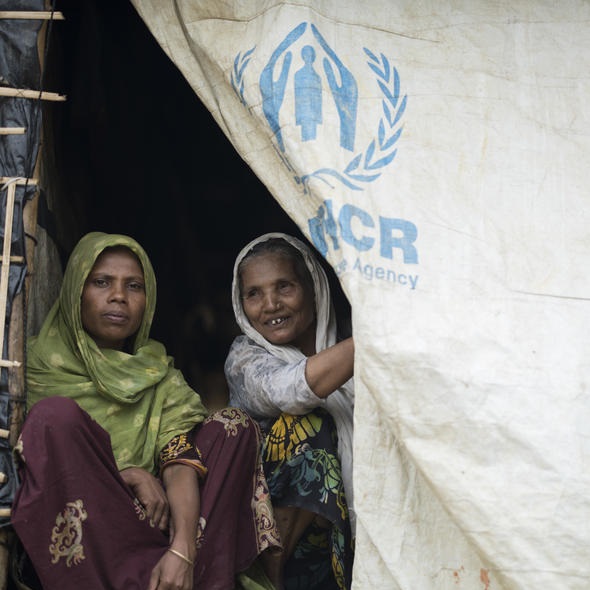Border Monitoring, outflow - 2023
Afghanistan, 2023
Get MicrodataIdentification
UNHCR_AFG_2023_BMo_anon_data_v2.1
Border Monitoring, outflow - 2023
| Name | Country code |
|---|---|
| Afghanistan | AFG |
Other Household Survey [hh/oth]
The situation inside Afghanistan deteriorated in 2021 and had significant consequences for the most vulnerable among the population. Iran and Pakistan, which are neighbours of Afghanistan, also host some 8 million registered Afghan refugees and other Afghans with different statuses. The majority of registered refugees fled Afghanistan over the years, including from as early as 1979.
UNHCR border monitoring seeks to understand the triggers, intentions and reasons for Afghan cross-border movements, assess access to territory and “the right to seek asylum” as well as the barriers which hinder the movement of people who may need international protection. In 2023, more than 78,000 interviews were conducted with people across six crossing points into Pakistan, Iran and Central Asia from Afghanistan.
This dataset is the anonymized version of the original data.
Sample survey data [ssd]
Households
Version
v2.1: Edited, cleaned and anonymised data
2023-12-15
Scope
The survey was conducted with one focal point from each household covering the following:
- Biodata and current location
- Displacement history
- Problems faced during displacement
| Topic |
|---|
| Livelihood and Social cohesion |
| Education |
| Basic Needs |
| Domestic Needs/Household Support |
| Shelter/Other Infrastructure |
| Legal Assistance/Protection |
Coverage
Border crossing points from Afghanistan into Iran, Pakistan and Central Asia
Asylum-seekers and other border crossers in 2023
Producers and sponsors
| Name |
|---|
| UNHCR |
Sampling
Not Applicable
Data collection
| Start | End |
|---|---|
| 2023-01-01 | 2023-12-31 |
Data Access
UNHCR (2023). Afghanistan: Border Monitoring, outflow - 2023. Accessed from: https://microdata.unhcr.org
Contacts
| Name | Affiliation | |
|---|---|---|
| Curation team | UNHCR | microdata@unhcr.org |
Metadata production
UNHCR_AFG_2023_BMo_anon_data_v2.1
| Name |
|---|
| UNHCR |
2024-04-05
